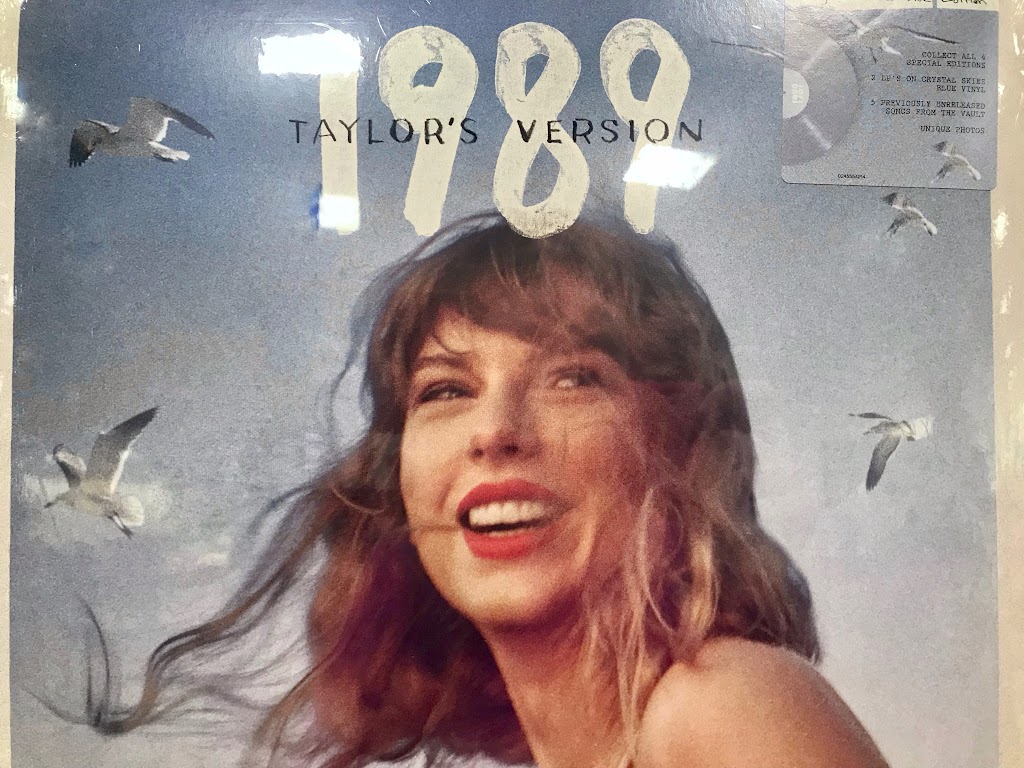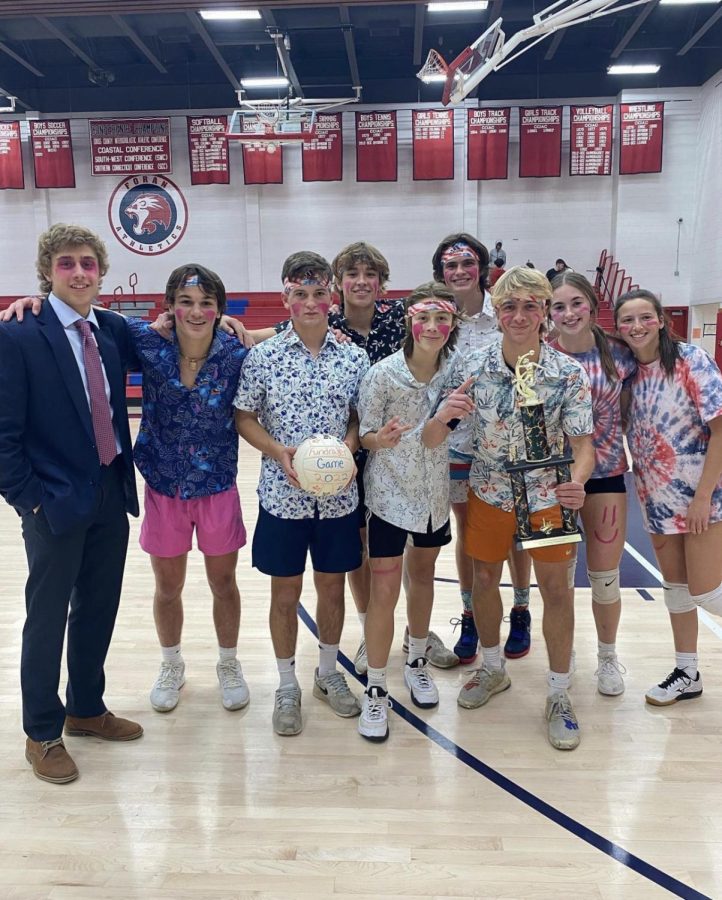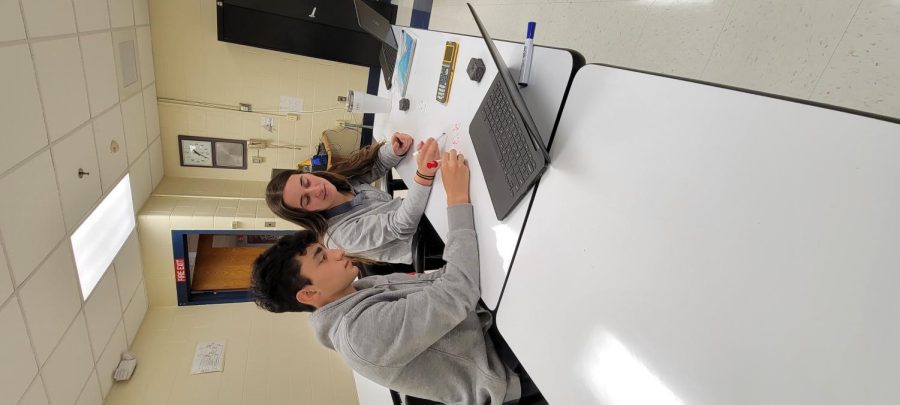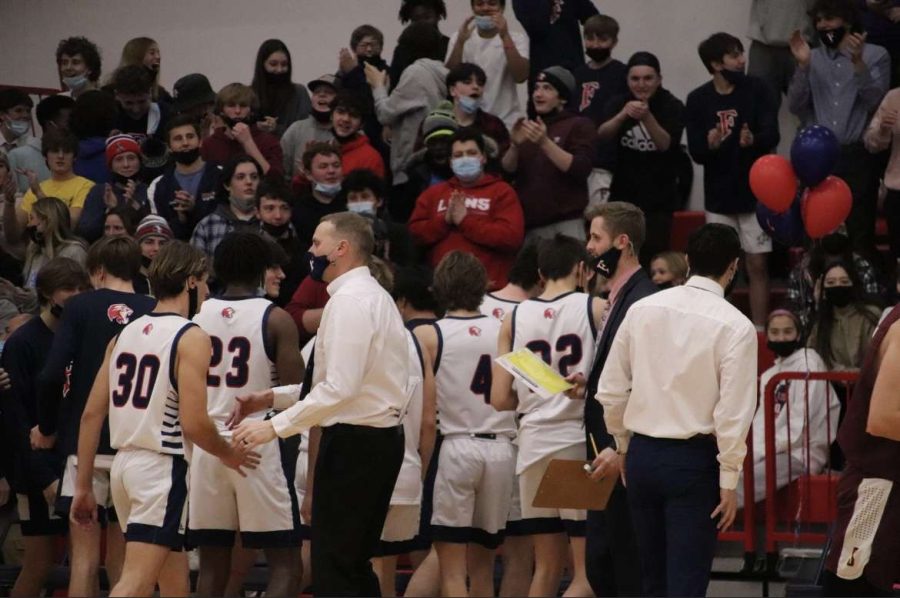Juliana Tuozzola
Staff Writer
 In an era where means of communication are at our fingertips, we ponder the question: has social media advanced or destroyed our society?
In an era where means of communication are at our fingertips, we ponder the question: has social media advanced or destroyed our society?
In this fast-paced world with information available within milliseconds, smartphones have become epidemic. Twitter, Instagram, Facebook, Snapchat, Vsco, and the many other beloved apps have enabled people to communicate and share their lives virtually.
Although social media has effectively connected the world, it inarguably worsened social skills. While we are skilled at formulating text messages, tweets, and Instagram captions, we have become socially inept.
The idea of social media is to spread ideas and reminders rapidly and to put them in a place where everyone can conveniently view them.
Junior Sarah Luzzi states that she believes social media has bettered society. Luzzi says, “Social media allows people to spread ideas fast. Twitter is beneficial when it comes to school because there are so many reminders about clubs and sports. This helps to build a sense of community.”
For example, with @manestreetmirror tweets and reminders, students are never behind on what’s for lunch, or what time a football game begins.
But there is the flip side: Sophomore Mark Wootton says, “Social media destroys face-to-face communication and could be negative.” It has been found that teenagers have become so consumed by social media and texting that they lose the ability to communicate and act in real life experiences.
Dating norms, for one, have drastically changed. Today it is extremely rare for teens to ask each other out on dates. Dating has been replaced with “talking,” and rather than having a nice chat over ice cream, you Snapchat your chosen person instead.
Most people enjoy using social media for entertainment, but some use it in the absolute worst ways. Sophomore Roger Bernard points out, “It can hurt people ‑ people can cyberbully.”
Bernard also says social media can negatively impact people in an academic aspect.
“Our phones can distract us from learning,” he says. “When you are trying to study and do homework and your phone keeps buzzing with texts and notifications it distracts you from your work.”
How much is too much? Junior Rochelle Holness argues that social media can be good depending on how you use it, but make sure to never let it take over your life. Holness says, “It’s good to take a picture when you’re at a concert or on a trip, but make sure to put your phone away and actually enjoy life.”
Although it is enticing to capture life’s finest moments, it is more important to fully experience them. Holness adds, “Do not let a phone consume you, and don’t let the fear of not getting a perfect picture to Instagram get in the way of living.”
Another key component of social media which people tend to get caught up in is “likes” on apps such as Twitter and Instagram. These likes are used as a way to show approval, and to show that one literally likes the photo or the tweet.
Although flattering, this can negatively affect one’s self-esteem. Access to celebrities’ accounts and photos can lead people to compare themselves and their bodies to others.
Sarah Fitzgerald says, “It is easy to look at people and especially celebrities’ lives and appearance and feel self-conscious about yourself. It is important to live your own life and not dwell on others through means of social media. People should not go through life competing for the most likes.”
We live in a world controlled by smartphones, and people are starting to realize that the art of interacting with one another in person is headed towards extinction. So next time you find yourself surrounded by beauty or in the presence of a fascinating person or thing, remember to prioritize life experiences over a Snapchat story, Instagram, or tweet.







